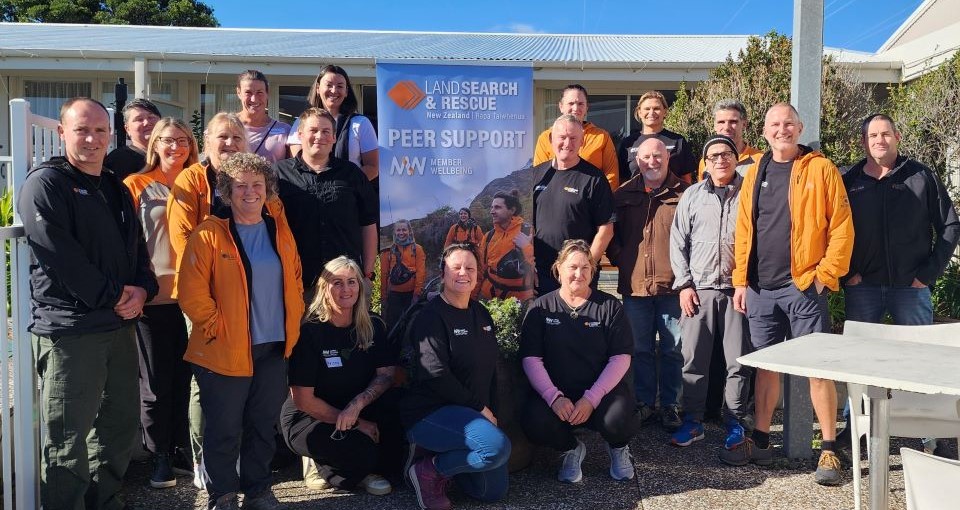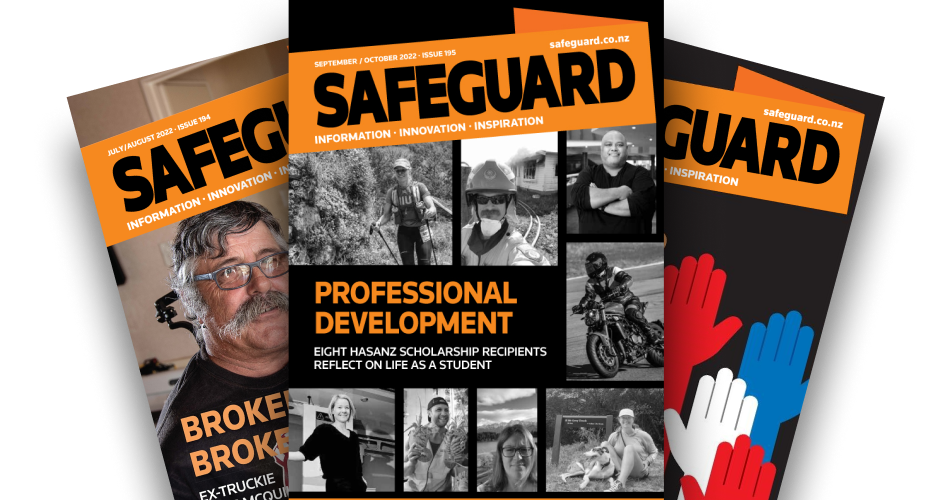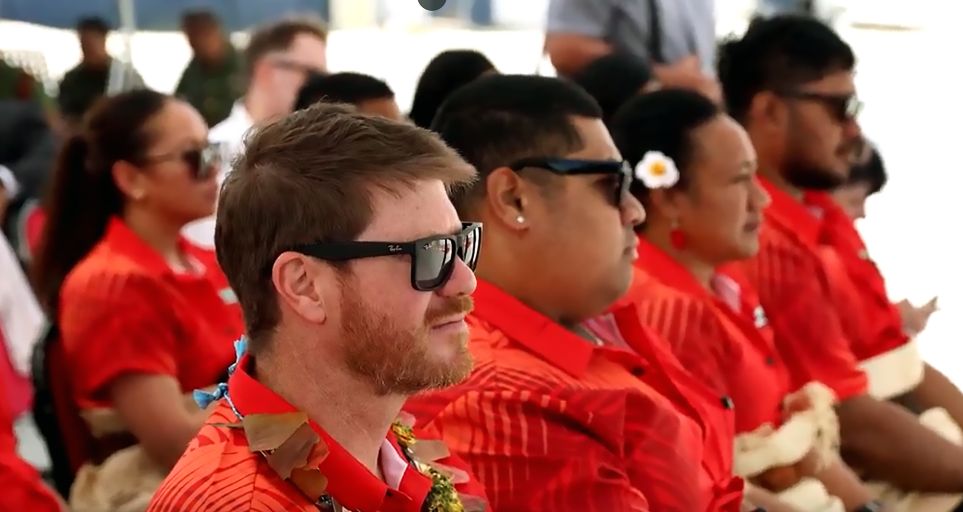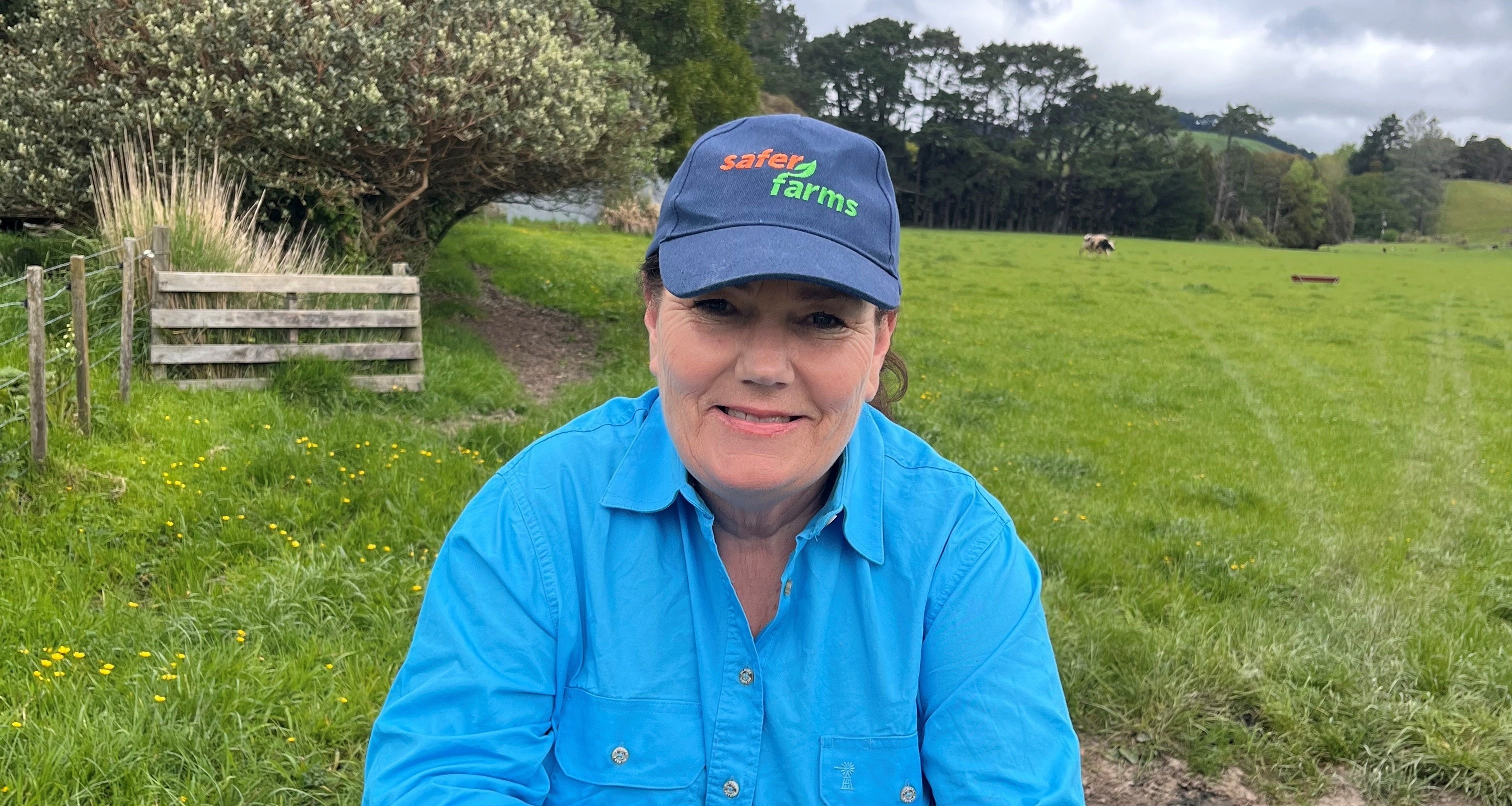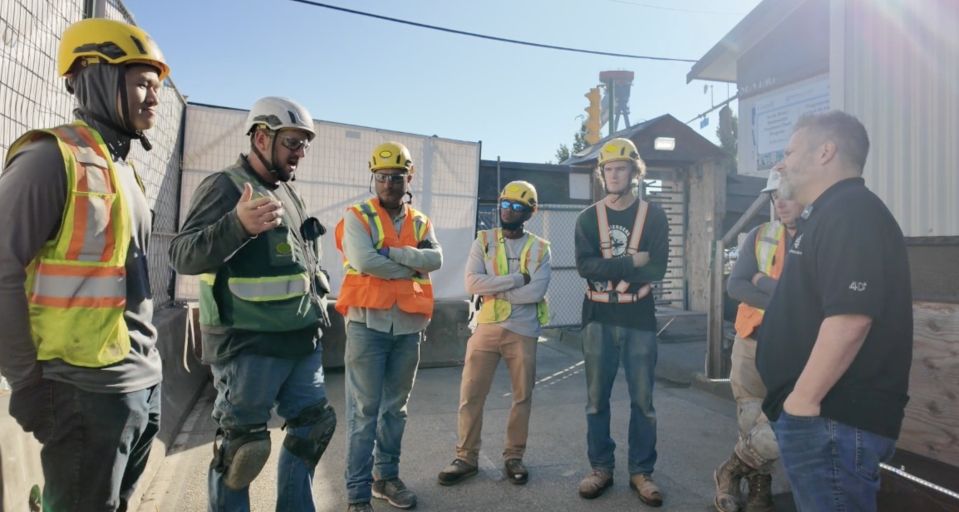When a young boy went missing on a Gisborne farm, New Zealand Land Search and Rescue (LandSAR) volunteers were quickly on the ground searching.
Behind the scenes, support for the searchers was also quietly unfolding, with members of LandSAR’s newly formed peer support network flying to Gisborne to ensure the searchers had someone to talk to at the end of their day and in the weeks that followed.
The experience of personal trauma is often buried beneath Kiwi stoicism. Countering this, LandSAR’s peer support network is helping change the narrative, normalising conversations about mental health and strengthening resilience through peer engagement.
LandSAR is a not-for-profit nationwide organisation with 3500 trained volunteers and 64 teams around the country, including six specialist groups such as search dogs, cave and canyon, and alpine. The volunteers are supported by a paid staff of 48.
When someone notifies police about a missing person, or when an emergency beacon is activated on land, it’s the volunteer team at LandSAR who are tasked with locating and rescuing them.
“They do some exceptional work,” says Nicky Hansen, LandSAR’s national health, safety and wellbeing advisor. But it’s work that also takes an emotional toll.
In the 2023-24 financial year, LandSAR volunteers undertook 495 search and rescue operations covering 600 people needing assistance, of whom 41 perished.
“That’s 41 bodies our people have had to find,” Hansen says.
But it’s the unresolved searches – 131 in total that year – which weigh heaviest.
“Volunteers tell us these are one of the worst ones, because there is no outcome. They ask themselves: Did we do the right search pattern? What if we had done this or that? Could we have done more?”
Co-designing the course
The catalyst for the peer support programme came during Cyclone Gabrielle, when LandSAR volunteers in Hawke’s Bay were exposed to distressing scenes without adequate wellbeing support.
“We were challenged as an organisation that we didn’t have anyone on the ground to help in the wellbeing space,” Hansen recalls.
While volunteers undergo a wellbeing course and have access to a formal assistance programme, Cyclone Gabrielle further exposed a gap Hansen had already noted between volunteers’ self-resilience and the professional counselling available to them.
LandSAR joined forces with Wellington consultancy CoLiberate to design the peer support training course. Hansen was clear from the outset that whatever training was provided had to be specific to LandSAR’s team and that the courses had to be run in the weekends to ensure volunteers weren’t taken out of their paid employment.
Ten volunteers worked with CoLiberate to co-design the course, ensuring it reflected the language, scenarios and realities of search and rescue work, and that it taught a conversational framework to provide supportive psychological conversations to help draw out what people were thinking and feeling, along with how to respond when someone is in crisis.
Shared experience key
Hansen’s initial goal was to train 20 peer supporters in the first year. “I way exceeded that,” she says. Two years on, there are 67 trained peer supporters nationwide, with a waiting list for those keen to join. The peer supporters will go through recertification around 18-24 months after initial training.
They come from all walks of life – school teachers, paramedics, mental health professionals, farmers and grandparents. “They volunteer within their own group so they’re part of the searches,” Hansen explains. “They understand what their fellow members are seeing, hearing, and feeling.”
That trust is a huge part of the success of the programme, as people are far more likely to open up to someone who has been through the same thing.
The network operates both ad-hoc and through a critical response list. If a search falls within that list – which includes fatalities, missing children, unresolved outcomes or significant media attention – a range of different wellbeing services can be activated, including peer support.
In the first half of 2025, peer supporters had supportive conversations with 361 LandSAR members. Of those, 29 thought they were going to harm themselves.
“That’s where our people are trained to sit with them and get them the right support, whether through their GP, their local mental health crisis unit or with hospitals or police."
Interactions in all 29 cases were successful.
Organic engagement
Recognising the toll of providing peer support, LandSAR has built safeguards. The peer supporters wrote their own code of conduct, which includes arrangements for professional supervision if they feel they themselves need help.
They also support each other, with online meetings twice a year providing opportunities to talk about any difficulties and bounce ideas off each other.
“They’ve created their own peer support network within the network,” Hansen says.
It’s not just LandSAR members feeling the benefit, with 325 conversations with members of the public also recorded.
“Not only are they supporting Land Search and Rescue, they’re supporting members of their communities and whānau,” Hansen notes.
Projection figures based on reporting from early this year suggests that at the current rate the peer support network will have at least 3480 support conversations this year, of which 120 of those will potentially be life-saving.
The programme’s success is also reflected in a decline in referrals to clinical wellbeing check-ins, which have dropped to 164 for the first six months of 2025, down from 244 for the same period a year ago.
Its success is also reflected in the organic engagement of the peer supporters; rather than being activated by Hansen, they are often called in directly by search team leaders, or are volunteering themselves.
“They’re not having to involve me any more,” she says. “That is really, really cool.”
Volunteers can also contact Hansen to be put in touch with peer supporters, with LandSAR working towards getting a peer supporter in every location.
Volunteers’ work acknowledged
The selection of peer supporters is a crucial aspect of the network’s success. Two members of LandSAR’s board are trained peer supporters, so there is understanding from the top. Then there’s the likes of the farmer – “salt of the earth” – who put his hand up because his group kept telling him he’d be really good at it.
Hansen says he has the knack of easily drawing people in and is able to have good conversations – often with the “really blokey blokes”.
As LandSAR awaits funding to hopefully expand training, Hansen says it’s the passion of the volunteers that is the programme’s driving force.
“We speak about buzz words like collaboration, engagement and buy-in, but if we didn’t have the volunteers involved in building the course, the programme wouldn’t be as successful. They’ve been there, done that, and understand the implications of the searches,” she says.
She notes the peer supporters are not paid to do this work.
“They’re passionate about their people, their communities, and what they do for LandSAR. They’re doing phenomenal work.”
